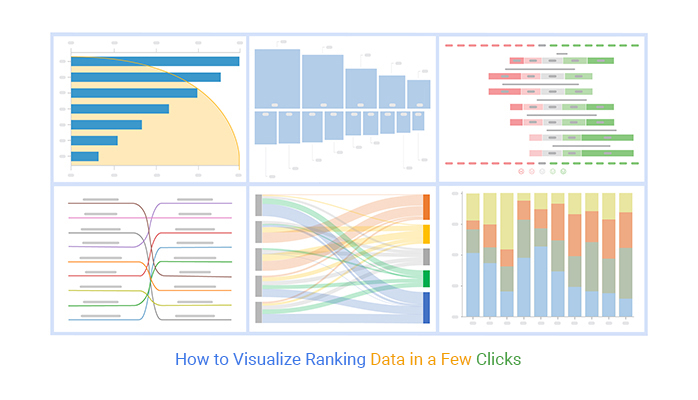Keyword research is the cornerstone of SEO, helping identify terms your audience uses to find your content. It enhances visibility, drives targeted traffic, and informs your content strategy. Mastering keyword research ensures your website ranks higher, attracts the right audience, and stays ahead in the competitive digital marketing landscape.

Introduction
Keyword research is the foundation of successful search engine optimization (SEO). It involves identifying and analyzing the terms people use to search for content, products, or services online. By understanding these keywords, businesses can create content that resonates with their target audience and ranks higher on search engine results pages (SERPs).
Importance of Keyword Research in SEO
It is not just a technical task; it’s a strategic process that drives the success of your SEO campaign. Here’s why it matters:
- Improves Search Visibility: Optimizing content with relevant keywords makes it easier for search engines to understand your pages.
- Drives Targeted Traffic: The right keywords bring users with intent, increasing conversion rates.
- Helps Understand Audience Behavior: Keywords reveal what your audience cares about and how they search.
Steps in Keyword Research
| Step | Description |
|---|---|
| 1. Define Your Goals | Identify the purpose of your website or content, such as increasing traffic, leads, or sales. |
| 2. Brainstorm Topics | List broad topics related to your niche that your target audience might search for. |
| 3. Use Keyword Tools | Tools like Google Keyword Planner, SEMrush, or Ahrefs help find relevant keywords and their data. |
| 4. Analyze Competitors | Study competitors’ content to uncover valuable keywords you might have missed. |
| 5. Prioritize Keywords | Choose keywords based on search volume, competition, and relevance to your goals. |
Types of Keywords
- Short-Tail Keywords
- One or two words long (e.g., “SEO”).
- High search volume but very competitive.
- Long-Tail Keywords
- Phrases with three or more words (e.g., “best keyword research tools”).
- Lower competition, higher intent.
- LSI Keywords
- Related terms that add context to your content (e.g., “SEO tools,” “content optimization”).
Why Keyword Research is Essential
1. Improves Content Relevance
Creating content around researched keywords ensures it addresses user intent, keeping readers engaged.
2. Enhances Website Ranking
Search engines prioritize content that matches what users are searching for, improving your SERP rankings.
3. Informs Content Strategy
It helps map out future content plans, ensuring you meet audience needs effectively.
4. Drives ROI
Targeting the right keywords increases the likelihood of converting traffic into customers, maximizing your marketing investment.

Common Mistakes to Avoid
- Ignoring Search Intent: Misaligned keywords won’t bring the desired audience.
- Overstuffing Keywords: Keyword stuffing harms user experience and SEO rankings.
- Neglecting Trends: Search trends evolve, and ignoring them means missed opportunities.
FAQs
1. What is keyword research in SEO?
It is the process of finding and analyzing search terms people use on search engines to optimize your content and improve rankings.
2. Why is keyword research important?
It helps identify terms that can drive traffic, improve visibility, and align content with audience needs for better engagement.
3. Which tools are best for keyword research?
Popular tools include Google Keyword Planner, Ahrefs, SEMrush, and Ubersuggest.
4. How often should keyword research be done?
It should be revisited periodically, especially when updating content or launching new campaigns.
5. What is the difference between short-tail and long-tail keywords?
Short-tail keywords are broad and competitive, while long-tail keywords are specific, less competitive, and more intent-driven.
6. Can I do keyword research for free?
Yes, tools like Google Keyword Planner and AnswerThePublic offer free insights for basic.
Conclusion
Keyword research is an essential skill for anyone looking to improve their website’s SEO. By understanding what your audience is searching for and tailoring your content accordingly, you can drive targeted traffic, enhance user experience, and achieve higher rankings. Start your journey today and unlock your website’s potential!




